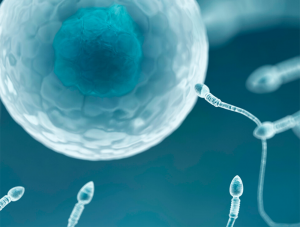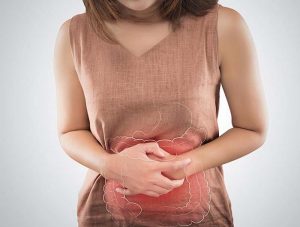There’s a lot of *a-hem* trash on social media and google when it comes to nutrition these days, especially when it comes to pregnancy.
These are just 5 of the myths that we’ve come across that may actually do you more harm than good.
1. Myth – avoid fish so you don’t get mercury toxicity
Although you may have heard that you should avoid fish due to mercury, this is not true for most women. Although it’s a genuine concern for those who do eat too much fish, most women don’t eat nearly enough fish and have very little to worry about. In fact, fish, being one of the richest sources of omega 3 can help reduce your risk of preterm labour and can help optimise your baby’s brain development. Instead of avoiding fish, learn which are the best fish to eat during pregnancy, and make sure that they are well cooked so that there’s no listeria risk.
2. Myth – avoid allergens so your baby doesn’t develop food allergies
Food allergies are on the rise with one in every 10 bubs being born with food allergies. And although many women avoid allergens such as nuts during pregnancy to help their baby to avoid food allergies, the latest research shows that this actually increases your baby’s risk of food allergies. Unless you are unable to tolerate them, the current recommendations are to include allergens in your diet every two to three days during pregnancy to build up your baby’s immune tolerance. So grab a handful of mixed nuts today!
3. Myth – avoid dairy as it increases reflux
Reflux is common during pregnancy. And although some may blame dairy for it, in fact, it is often one of the best solutions. Reflux, or heartburn, is when acid flows back into your food pipe (also known as the oesophagus). It is usually caused by hormonal changes during pregnancy combined with your baby pushing against your oesophagus. Milk tends to counteract acid, decreasing reflux’s burning sensation. Additionally, the calcium in milk has been shown to decrease the risk of developing pre-eclampsia, making it a great pregnancy food.
4. Myth – drink kombucha to optimise your gut microbiota
Although it’s definitely important to optimise your gut microbiota during pregnancy, not all kombuchas are equal, and some are definitely not a good idea. Kombucha is made from tea (caffeine), sugar (need we say more?) and a scoby (bacteria). The sweetened tea is then fermented to make alcohol. It’s unlikely that you know which bacteria is in the scoby or how much alcohol content is in the kombucha you’re drinking. In short, there’s better ways to optimise your gut microbiota.
5. Myth – just listen to your body
Although it is wise to listen to your body, you need to combine this with listening to your brain. If your body is telling you that it wants iced doughnuts every day, it’s probably not telling you what’s best for you and your baby, but moreso just that iced doughnuts taste good.
We’ve said it before and we’ll say it again…..pregnancy is THE most important time in your life to eat well.
Don’t risk your baby’s future on google!





